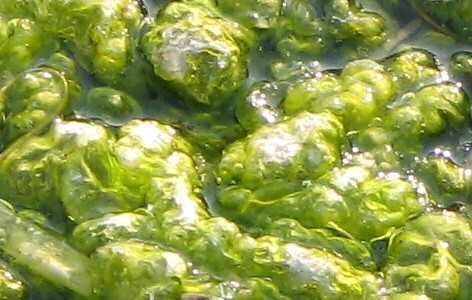 At dinner, we always try to take the time to ask the girls how their day was at school. Today, my eldest daughter (she’s 7) could barely contain her excitement. It was her first day at an after-school science program. It’s an hour long, once per week. Today, they made slime.
At dinner, we always try to take the time to ask the girls how their day was at school. Today, my eldest daughter (she’s 7) could barely contain her excitement. It was her first day at an after-school science program. It’s an hour long, once per week. Today, they made slime.
She explained how they made it with two chemicals and some paint (polyvinyl alcohol, sodium borate solution, and diluted paint in case you’re curious). At the end of the discussion, I asked her if this was a thumbs up or a two thumbs up day. She replied that it was a gazillion thumbs up.
I love seeing her so excited. Lately, we’ve been discussing the solar system thanks to her home reading book and a couple weeks ago I found myself chatting with her about digital circuits. We were talking about traffic lights and I told her about the circuit we built in first-year and that I had forgotten to add a pause between one light turning red and the other green. Thankfully it was just in the lab and not in the real world. Couple minor tweaks on the circuit board and it was fine.
When I picked her up after school, she and one of her classmates were chatting about the slime they made. They shared every little detail and told me about some of the other things they had learned that day. Can you imagine how amazing it must have been watching these young scientists? Not because they were studying science but because they were so excited about learning.
How can we capture that excitement in our own classrooms? There are so many options for our students today, they have what seems like unlimited choices of what and where to study. Yet, they landed here, in our classrooms (and online). I want them to have amazing learning experiences, to have those a-ha moments when they have made some new discovery for themselves. To have moments when they can talk of nothing else than what’s happening at school.
I’d love to hear from you about things in your class that seem to stick as well as a blob of green slime!
______________________________________
The Centre for Teaching Excellence welcomes contributions to its blog. If you are a faculty member, staff member, or student at the University of Waterloo (or beyond!) and would like contribute a posting about some aspect of teaching or learning, please contact Mark Morton or Trevor Holmes.